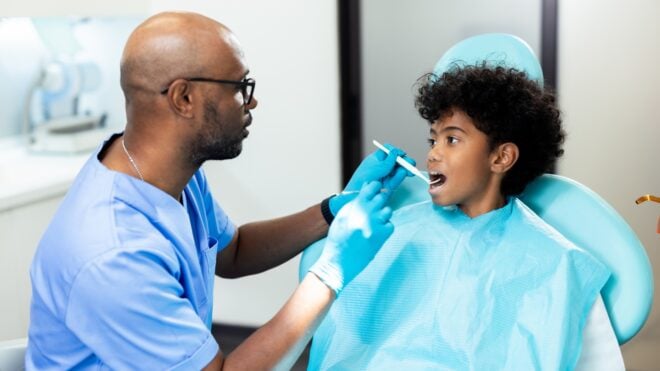In recent years, the number of parents opting their kids out of recommended vaccinations has soared, leaving babies, the elderly and the immuno-comprimised vulnerable to preventable and potentially life-threatening diseases.
After a measles outbreak at Disneyland in California last year, lawmakers in the state of California voted to eliminate vaccine exemptions based on religious or philosophical reasons for public school children, making it the third and largest state to do so. West Virginia and Mississippi also only allow exemptions only for medical reasons.
Research shows eliminating vaccine exemptions—or making exemptions more difficult to prove—improves vaccination rates and prevents disease outbreaks. Public schools are on the frontline for monitoring, requiring documentation from incoming students and turning away those who can't or won't prove they're covered.
All states must allow medical exemptions for children whose immune systems aren't functioning properly or because of congenital problems or cancer treatment. Nearly all states also allow for religious exemptions, except for California and Vermont.
Overall, vaccination rates in the U.S. are high, but some pockets—certain neighborhoods or towns in California and Colorado, for example—have extraordinarily high opt-out rates. These pockets tend to be in more affluent areas and among highly educated population.
A vocal group of parents fought to keep opting out of immunizations for philosophical reasons legal in California, but they did not prevail.




